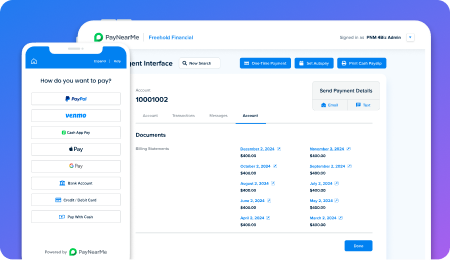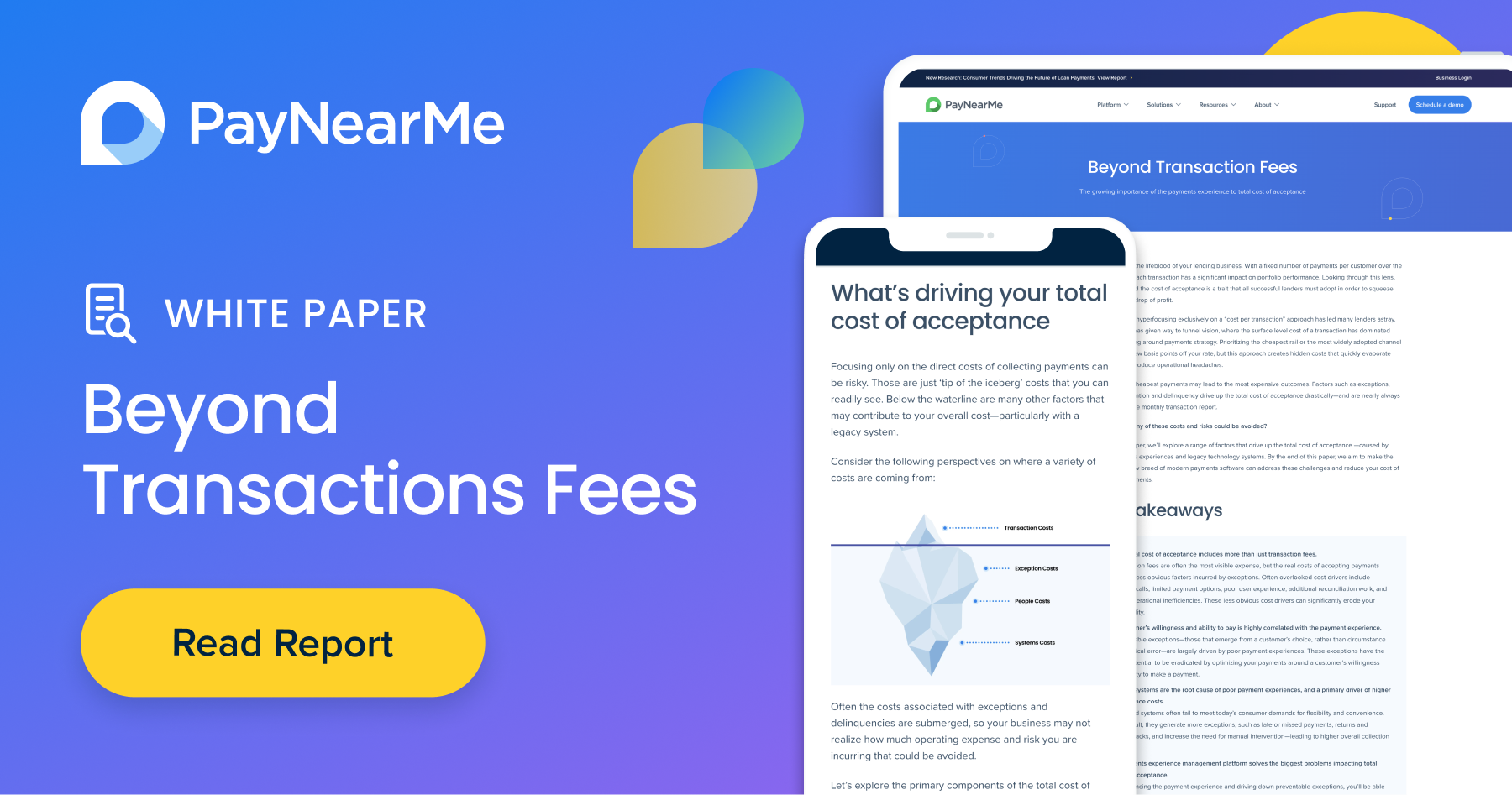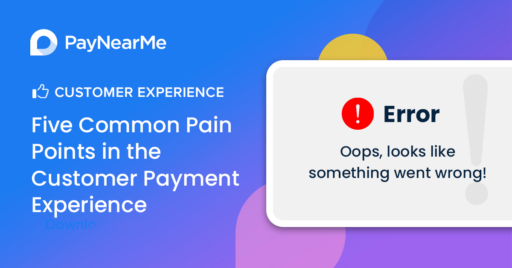How iGaming Operators Can Help Cut Downtime (and Costs) with Redundancy

Payments are the lifeblood of iGaming, feeding the fast-paced enthusiasm of sports betting and online casinos. It’s critical for operators to ensure that deposits and payouts keep flowing, because downtime can mean major losses in revenue, player retention, and brand reputation.
Online sports bettors want instant gratification, particularly when they are placing wagers right before or during a live sports event. Slow or glitchy processes can frustrate bettors, and they may have zero patience for downtime. According to PayNearMe’s bettor research, if funding betting and withdrawing winnings is not fast and easy, players may quickly abandon that app for a competitor.
Losses from unplanned downtime can take many forms. Here we’ll take a look at various risks, and how iGaming operators can safeguard their business to avoid costly disruptions in their payment processing.
The high price of downtime
Operators are already challenged with intense competition and relentless fraud attempts eroding their profits. If their payment experience goes down, they may face even bigger problems. Many operators rely on a single merchant processor to accept debit and credit cards – and if that vendor has an outage, the business could face significant risks:
Loss of revenue
If payment processing goes down, iGaming operators are unable to accept deposits and initiate payouts. Before, during and after major wagering events, an outage can be catastrophic. Consider the Super Bowl in 2023, when one of the largest sportsbooks in Nevada, experienced a massive system crash that lingered for several days. Typically 3% of an operator’s annual revenue comes from the Super Bowl, and downtime could put a serious dent in profitability.
On top of losing betting revenue, operators may need to pay out bonuses to placate players after an outage. For example, when their system was back online, the sportsbook operator offered players two $50 bonus bets to compensate for the inconvenience.
27% of players who had issues depositing or withdrawing money said it’s the top reason they abandoned an app.
PayNearMe Research, 2023
For many operators, that may be too little, too late. PayNearMe research found that 27% of players who had issues depositing or withdrawing money said it’s the top reason for discontinuing play on an app.
Increased conversion costs
Operators spend a lot to attract new players. Acquisition typically costs $200-$300 per person for marketing and promotions. If a player is unable to fund their account because the payment system is down, they may leave and never come back. Operators lose all of their initial investment, as well as any potential future revenue from that bettor.
Damaged reputation
If unexpected downtime stalls out deposits and payouts for a broad base of bettors, an operator’s brand could suffer, particularly if outages occur during high-profile sporting events. Amid the 2023 Super Bowl betting app crash, players were left worrying if their earlier wagers were still in the system, and were unable to place more bets. More than a day after the game, thousands of bettors were still unable to collect their winnings, and angry comments barraged social media.
Higher operating costs
Beyond losing betting revenue, when payment processing is disrupted, operators may also have to absorb more costs as their customer service gets flooded with calls. Nearly 25% of players who had payment issues contacted customer support, according to PayNearMe research. For downtime that is preventable, it means unnecessary costs can rapidly stack up. Handling a support call costs up to $8 on average, compared with only $0.10 for a self-service digital payment.
In some cases, operators might also be required to pay penalties to partner organizations impacted by a betting app outage. For example, in 2022, Washington D.C.’s official sports betting app went down during the Super Bowl. The operator was later forced to pay $500,000 to the D.C. Lottery in compensation. Worth noting is that only about $72,000 of that settlement covered estimated lost bets and follow-up bonus offers. The remaining $428,000 was for punitive damages to help the Lottery organization “overcome negative sentiment.”
“Today’s expectation is for everything to be quick and seamless. There’s very low tolerance for a bad experience because players can easily go elsewhere for a better one.”
Leighton Webb, VP & GM,
iGaming & Sports Betting, PayNearMe
How operators can avoid the risks of payments downtime
Given the severity of unexpected downtime in payment processing, it’s important to know it IS preventable. Operators can take advantage of fintech innovation that helps mitigate risk and keep players happy.
The key is to avoid the vulnerability of using only one merchant payment processor – but also avoid the hassle and costs of having to implement a backup processor. For an easier, more effective way to keep the action going, operators can now use a modern solution that leverages multiple payment processors and can switch between them as needed to ensure uninterrupted service.
For example, PayNearMe’s powerful payment solution for the gaming industry now includes Smart Switch.™ This first-to-market technology protects operators by using innovative ‘redundant card processing’ to drastically reduce potential downtime.
How does it work? We onboard clients to multiple merchant processors with a single integration and a single contract. PayNearMe then uses Smart Switch to collect data in real time and if a merchant processor goes down, the system is capable of rerouting card transactions through an alternate active processor.
And it all happens with zero effort for IT teams, no manual intervention is required. Operators can scale confidently knowing that even in peak betting times, deposits and payouts can keep flowing, creating better player experiences and more profitable business outcomes.
“With Smart Switch, we’re shielding our clients from outage-related losses and sending a clear message to the iGaming industry—card processing redundancy is crucial for operators.”
Steve Kramer, Vice President of Product, PayNearMe
Maximize profitable uptime
PayNearMe simplifies money movement with a fast, flexible payment experience to boost player satisfaction, while safeguarding operators with sophisticated capabilities to minimize downtime and fraud risk.
Learn more today by scheduling a call or demo with one of our experts.




